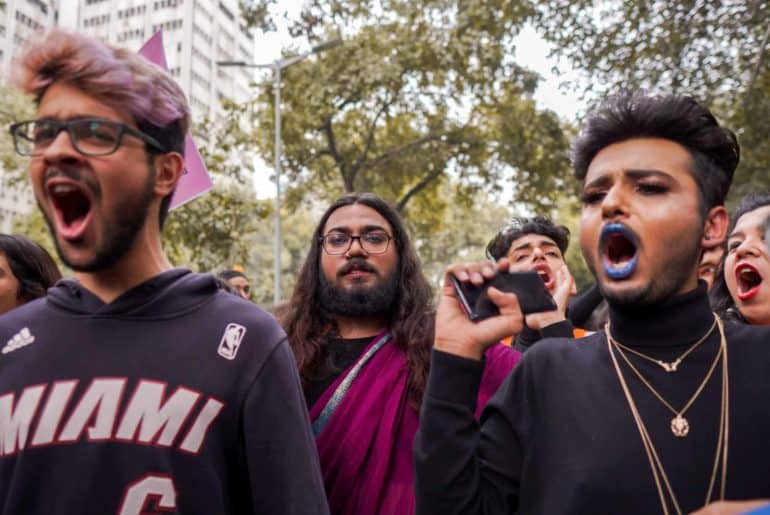A nerd’s deeply personal take on social media vilification of the nerd archetype across pop-culture . Read on for more.
Humour is tricky business. Tracing back to the rasa theories of sentiments and emotions, every humour has an origin and the origin of our laughter too can be traced to different causalities. It can either be sourced as a something that makes us laugh through the display of deviance in an attempt to domesticate something that is wrong with society, or in what I wish to term as humour of a low order, it can emerge from a need to make a standing example of a non-conforming entity, who happens to stick out due to a deviance inherent to their character.
Such humouring of identities of “other” often unconsciously result in vilification of archetypes in popular culture which fuels social media content which on the grounds of generating humour to run their dubious algorithms end up putting on sacrificing social responsibility at the altar of parodying the non-conformist – in the case of this article the figure of the nerd. The nerd figure has long been relegated to a realm of marginality in popular imagination, one which has resulted in social media content creators to repeatedly generate humour at their cost. The normalisation of the same has become so exceedingly widespread that the archetype of the nerd figure now borders on the level of almost being a villain despised by one and all.
Take for example the widely popular film from recent years of Indian cinema – 3 Idiots. The supposedly antagonist in the film is the typical nerd figure as seen through the character of Chatur Ramalingam is repeatedly made to be the butt end of jokes due for no fault of his. He simply has a vision of academic achievement which is not in concurrence with that of the protagonist and in order to prove the point of the protagonist the nerd figure is not only made an example of the in the most vile ways possible but also made to take part in one of the most insensitive dramatisations of a rape joke in recent cinema history. Even in a film like Yeh Jawaani Hai Deewani or something as cult as Kal Ho Na Ho the heroines are nerds who have their hair tied in buns and wear glasses and spend their days engrossed in books and academia. In order for them to be desirable by the hero, they have to shed their persona of the “typical nerd” and have hair flowing, while sequin dresses grace their lithe bodies. There is no room here for appreciation of a life spent behind the pursuit of knowledge – be it out of individual will or out of societal pressure, a deeply pertinent argument which is often relegated to non-existence.
Social media pages dedicated to generating humour based out of educational spaces and the lives of people involved in academia thrive on humour which emerges at the expense of nerd archetypes. Meme carousels take great pride in criticising students who spend hours devoted to studying and suffer from severe bouts of depression and performance anxiety by reducing their issues to the simplistic phrase – they are a topper and they always lie about the preparation. The truth of the after more often than not is different. The idea of the nerd as someone who deliberately gaslights their own readiness in order to feed off the mediocrity of others is a problem which completely exterminates the immense expectations – familial, societal and professional – the students have to cater to. To be someone who chooses to win and internalises winning comes at the cost of knowing that one is consciously ascribing an identity of marginality to oneself – an ascribing which should be free of any sort of shame or stigma.
Such humour further perpetuates a cycle whereby these students not only end up doubting their own self worth but are never allowed to take pride in what they believe to be a philosophy of life that must be adhered to. Humour for the sake of entertainment is of course something that should be and must be encouraged. But humour that is indulged in without realising the exact impact it has on marginal identities in society is something that should be shunned especially in our largely current virtual world where a single meme transcends time and space and more often than not does more harm than good when left unchecked.
Anwesh Banerjee


